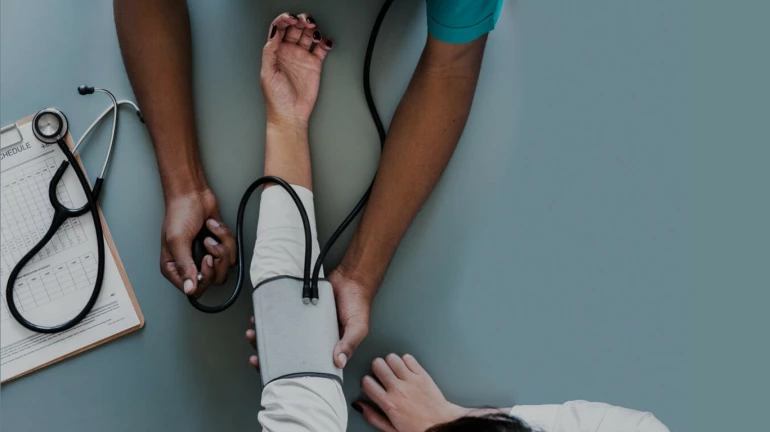
In the wake of the Covid-19 pandemic, the city of Mumbai has experienced a disturbing rise in leprosy cases, prompting health experts to sound the alarm. According to data provided by the health department, the fiscal year 2022-23 saw a staggering 87% increase in leprosy cases, with a total of 626 cases reported. This surge has reignited concerns about the persistent challenges posed by this chronic infectious disease.
Fluctuations and Trends
Recent years have witnessed fluctuations in the prevalence of leprosy in Mumbai. In 2018-19, the city reported 474 cases, which then experienced a slight dip to 453 cases in the subsequent year. The advent of the Covid-19 pandemic led to a substantial decline, with only 166 cases recorded, attributed to reduced screening efforts. However, as screening initiatives were reinvigorated, the numbers rebounded to 335 cases in the fiscal year 2021-22. The latest data from 2022-23 reveals an alarming upward trend, surpassing previous records with 626 reported cases, marking the highest count since the 2013-14 period.
Advanced Stage Cases and Health Concerns
One concerning aspect highlighted by health experts is the significant increase in the proportion of patients being diagnosed at an advanced stage of the disease. A staggering 77% of the cases in 2022-23 were found to be in the advanced Multibacillary (MB) stage. This trend has raised concerns about the potential consequences of delayed detections, as advanced-stage cases can lead to irreparable nerve damage and deformities.
Shifting Dynamics
Over the past decade, there has been a gradual decline in the overall number of new leprosy cases. However, the recent surge in late-stage detections has ignited new worries. For instance, in 2007-08, the city recorded 1,070 new cases, with approximately 49.35% suffering from multibacillary leprosy. Contrarily, despite a decrease in new case numbers in 2022-23, a significantly higher percentage of patients were found to be in the advanced stage, underscoring the importance of early detection and intervention.
Health Official's Concerns
Dr. Manish Renghe, the Assistant Director (Leprosy) at the Brihanmumbai Municipal Corporation (BMC), expressed deep concern over the prevalence of multibacillary cases. He emphasized that early signs, such as white spots, are often ignored by individuals, resulting in late-stage detections. Dr. Renghe stressed that while routine surveillance can identify cases, it may already be too late to prevent nerve damage and associated complications.
Raising Awareness and Pediatric Cases
In response to the escalating challenge, health authorities are intensifying efforts to raise public awareness about the crucial need for seeking medical attention at the first signs of the disease. The situation is particularly critical as leprosy cases among children have witnessed an uptick. Despite a decline in the following years, with 47 cases in 2018-19, 38 in 2019-20, 7 in 2020-21, and 22 cases in 2021-22, the trend has reversed, with 48 children being diagnosed in 2022-23.
Empowerment and Rehabilitation
In a proactive move to address the multifaceted challenges posed by leprosy, the state health department has established a pioneering committee. This committee, consisting of a diverse group of experts, including medical professionals, social workers, government officials, and representatives from non-governmental organizations, aims to empower recovered leprosy patients. The primary focus is on creating job opportunities and integrating them into existing government welfare programs.
Holistic Approach
Dr. Vivek Pai, Director of the Bombay Leprosy Project and a member of the committee, lauded this initiative. He outlined the committee's goals, stating, "Our first priority is to enroll rehabilitated leprosy patients in essential government schemes and social welfare programs. Additionally, we intend to develop a comprehensive roadmap for providing employment opportunities through skill development."
Future Prospects
Recognizing the significance of economic independence in the rehabilitation process, the state public health department plans to collaborate with vocational training centers and skill development institutes. The department seeks to identify suitable training programs for leprosy patients. Dr. Pai further emphasized that committee discussions will encompass crucial issues, including tackling social stigmatization and bolstering early-stage patient care.





